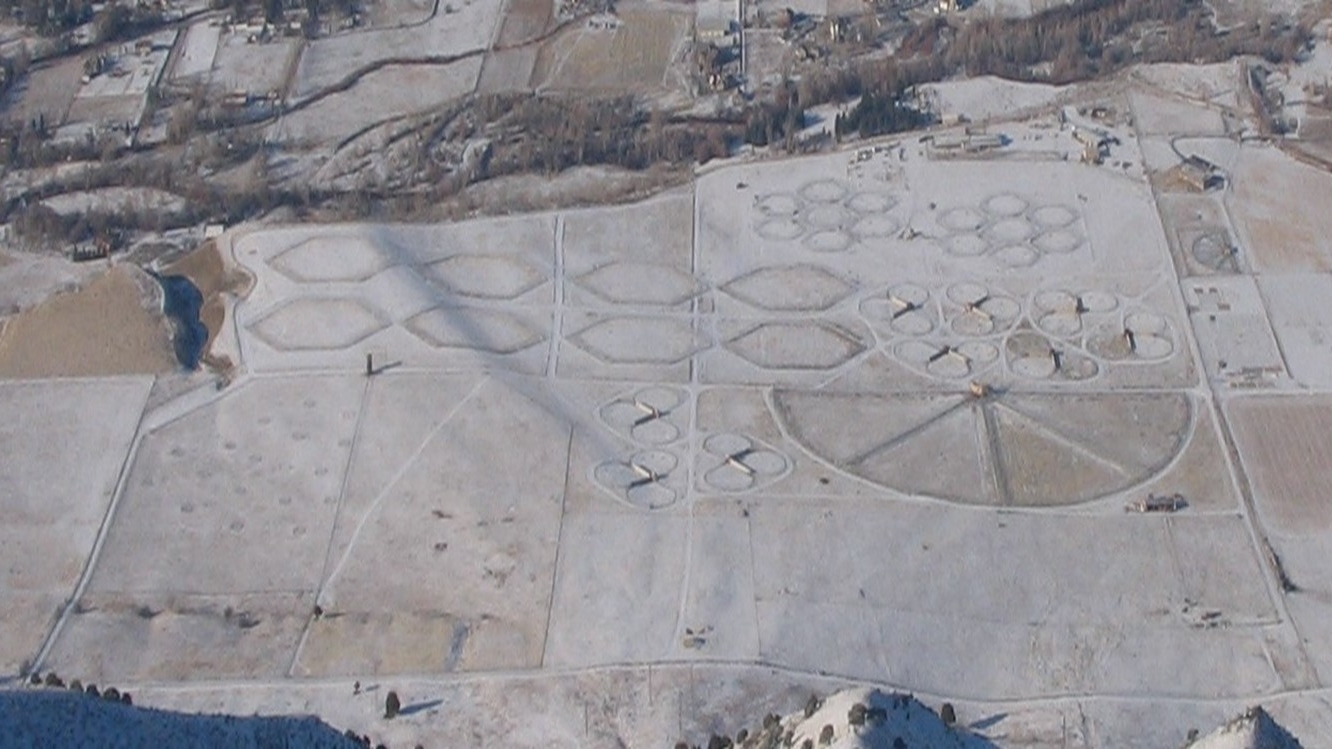Utah Field Station

Scientists at the National Wildlife Research Center’s Utah Field Station are studying the ecology and behavior of predators to identify new management techniques and strategies, especially nonlethal tools for reducing livestock damage.
Research efforts are directed towards reducing livestock depredations and damage caused by coyotes, bears, and wolves, resolving conflicts in urban areas, and mitigating impacts of predators on wildlife populations. Station research incorporates a variety of techniques that integrate novel engineering approaches and basic knowledge of the biology of predator species.
The NWRC Utah Field Station was established in 1972 and operates in close collaboration with Utah State University (USU). The 165-acre site, also on USU land, allows employees to care for up to 100 adult coyotes involved in learning, behavior, and physiology studies. Examples of current and recent studies based at the Millville facility include the following:
- Coyote behavior in captive environments
- Coyote reproduction
- Coyote wariness of humans
- Coyote foraging and learning
- Urban conflicts with black bears
- Coyote movements
- Coyote and elk interactions
- Coyote interactions with bobcats, kit fox, and cougars
- Sterilization of coyotes to reduce predation on pronghorn and livestock
- Coyote boldness to novel objects
- Range riding to protect livestock from large predators
- Coyote pair-bonds
- Nonlethal predator deterrents
- Fladry to prevent wolf depredation
- Conditioning bears from campgrounds
- Non-invasive mark-recapture of Mexican wolves
- Coyote food habits and prey fluctuations
- Wolf damage to livestock
International Collaborations
Because of the scientific expertise and facilities available at the NWRC Utah Field Station, it draws many national and international collaborators to work on a wide variety of predator issues. For example, station researchers have hosted several interns from Agrocampus Rennes, France, advised graduate students working with carnivores in other countries, and sponsored graduate students from the University of Exeter, UK.
Further information on the research conducted at the NWRC Utah Field Station can be found on the Managing Human-Wildlife Conflict with Mammalian and Avian Predators page.
Contact
Utah Field Station
Dr. Dustin H. Ranglack, PhD, Field Station Leader
Email: dustin.ranglack@usda.gov
Phone: 435-938-8643
Predator Ecology and Behavior Project
4200 S 600 E Cache County Road
Millville, UT 84322-5295
PO Box 816
Millville, UT 84326
Stewart Breck, Researcher (Located in Fort Collins, CO)
Jeff Schultz, Wildlife Biologist
Lindsey Perry, Research Biologist
Andalyn Billings, Animal Care Team Lead
Troy Davis, Animal Care Team
Sarah Densmore, Animal Care Team
Mike Davis, Facilities Manager

